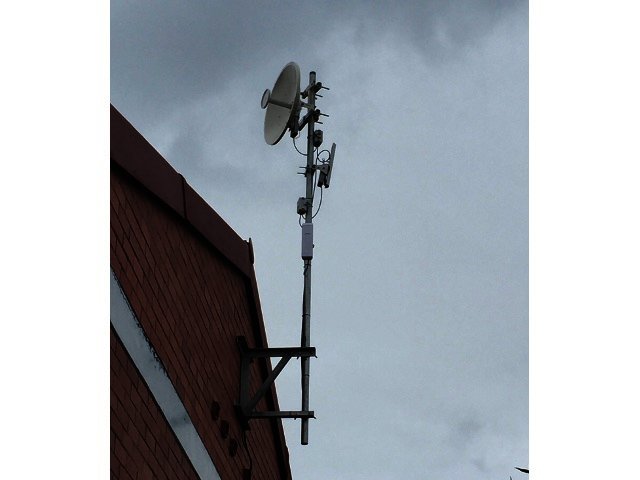The Passenger Rail Agency of South Africa (PRASA) has an extensive existing fibre optic network, running over a distance of 1 200 km, that allows constant and consistent communications between its railway trucks, railway stations, divisional offices and head office. Acknowledging that the commercialisation of this network could benefit a number of people within proximity of the railway line’s connectivity, PRASA has embarked on an ambitious project to share its network connectivity with the community.
Haim Derazon, CEO of Railway Cellular, explains that the fundamentals of the network were already in place so an expansion was a natural extension of its capacities and capabilities. Railway Cellular has worked closely with PRASA over the past two years to plan, design and execute an extended network. In addition, in an extensive corporate social investment (CSI) initiative, the network will be made available to a pre-selected number of schools and clinics along the railway route.
To date, 22 schools (11 in Soweto and nine in KwaZulu-Natal), including a number of schools for the hearing impaired, are benefitting from the free connectivity PRASA’s network affords them. Derazon points out that the project will focus on building an education network that will ultimately see 269 schools across the country plugging into PRASA’s communications network. The Department of Education is responsible for explaining the initiative to the positively affected schools and partnerships with Intel and Compaq will see the delivery of special communication systems and tablets.
Railway Cellular approached Noah Mashaba, MD of IP Solutions, to assess the hardware needs for the burgeoning network. Derazon says he was particularly impressed by the great knowledge and professionalism Mashaba exhibited in his selection of best practice technology to align with the correct protocols needed for an efficient network.
For the first nine schools under the project umbrella, IP Solutions selected a number of products from wireless IP convergence company MiRO. These included nine Ubiquiti Rocket M5 5 GHz titanium outdoor wireless radios, nine Ubiquiti 30Dbi dual polarised dishes, 18 Ubiquiti Nano Station M2 2.4GHz outdoor Wi-Fi access points and one MikroTik Cloud Core Router for all network and hotspot management services.
The network is very stable, producing a high throughput of 30 mbps. “We are thrilled with the performance of the pilot systems, which are allowing the schools to participate in live video streaming sessions on Skype and conference calls without any connectivity or interference issues,” says Derazon.
Based on the satisfaction expressed by both Railway Cellular and PRASA, phase 2, which is again being undertaken by IP Solutions using MiRO hardware, commenced in late April.
“The educational network will facilitate extended e-learning, a facility that is especially attractive to the large number of children receiving remote rural schooling, who are often disconnected from any form of telecommunication service. In addition, POP sites can be set up at schools and connectivity can be sold to members of the community. This will allow schools to benefit financially from the service. In this way, the initiative will not just move the economy, but more importantly, it will enhance it,” Derazon enthuses.





